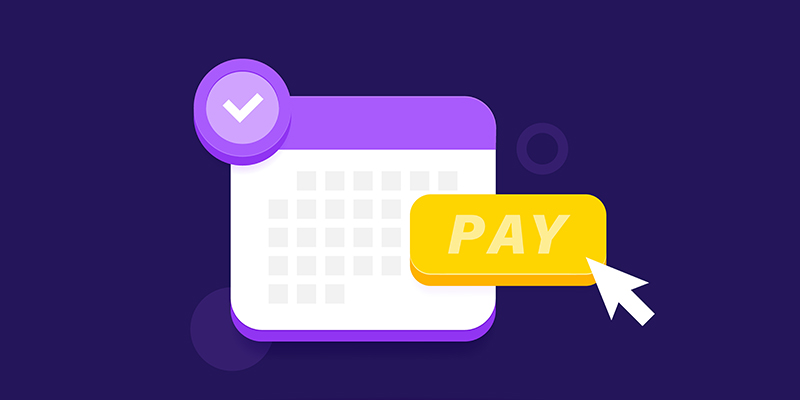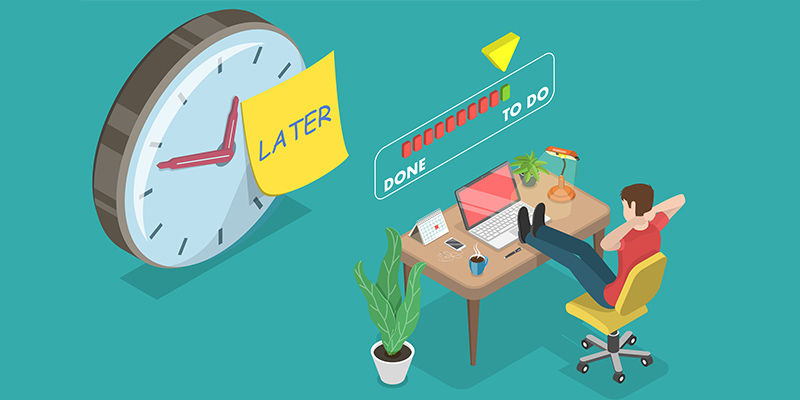When clients fail to pay their invoices on time, it can negatively impact your cash flow and harm your business in various ways. Maintaining a healthy cash flow is crucial for the success of your business, so it is essential to address any issues with late payments promptly and find effective solutions to ensure a steady and stable financial foundation.
Effective communication is the foundation for building trust with clients. Communicating clearly and consistently shows your clients that you value their business and respect their time. Communication and trust create a positive relationship so your clients feel good about paying their invoices.
Understanding the Importance of Effective Communication
Nobody likes asking for money - least of all when your clients aren't paying their invoices promptly. Business-to-business debt collections could also impact your relationships with current and potential clients. It's crucial to keep things professional, even when they feel personal, and the missed payments are affecting your bottom line.
Use these tips to protect your business reputation during B2B debt collections.
When it comes to dealing with B2B clients, it's important to approach any potentially negative situation with a proactive mindset. When you understand why clients may ask for more than your agreement, you can better anticipate and prepare for potential roadblocks. Whether it's negotiating with clients to find a mutually beneficial solution or knowing when it's time to end the relationship, there are strategies you can use to ensure a successful project outcome.
With these tips in mind, you can confidently handle clients that are out-of-scope.
When you're growing a business, a late-paying client can be frustrating. You have to dedicate time and resources to figure out what happened and why. You have to pull yourself together enough to have a conversation about money - something that's not easy for many people. The most important thing to remember is that your business fulfilled its part of the deal, and now your client owes your business.
When dealing with late-paying business clients, remember that it's not personal.
A typical services contract requires a retainer or ongoing payments. Businesses selling software-as-a-service (SaaS), or anything else "as-a-service," rely on monthly or annual fees from subscribers. If those subscribers fail to meet their obligations, their accounts can be sent to collections for recourse.
Non-payer churn is one of many reasons that Saas companies need debt collection services.
Every industry has its own share of jargon, acronyms, and special terms. There's a level of trust that's gained when a business partner understands your industry or "speaks your language." When companies seek out debt collection agencies that they can trust, they also want to work with those who understand their industry.
When a debt collections agency speaks your language, B2B account recovery can be more successful.
When your business has a late-paying client, follow-up calls must be handled quickly and with conviction. Late or non-paying clients cause your business to write receivables off as bad debt, and they could cause the deterioration of your business relationships. Or you could escalate to a professional B2B collections agency that values your business relationships and your cash flow.
Are You Taking Too Long to Collect on Receivables?
Does it actually cost more to attract new clients than keep current ones? That can only be decided when you consider the cost of your time and the value of your clients. Nevertheless, happy clients are usually your most loyal clients, and they'll likely recommend your goods and services to others. Let's identify strategies for keeping your existing B2B clients happy so you can maintain a strong, long-lasting business relationship and save money along the way.
Happy B2B clients save your business money. Here's how.
As a business that works with other businesses, the expectation is that they'll pay for the goods and services you're providing. Unfortunately, delinquency and debt in business relationships is a very real, all-too-common problem. If you pay attention, there are glaring red flags that could provide clues that some clients could be problematic.













